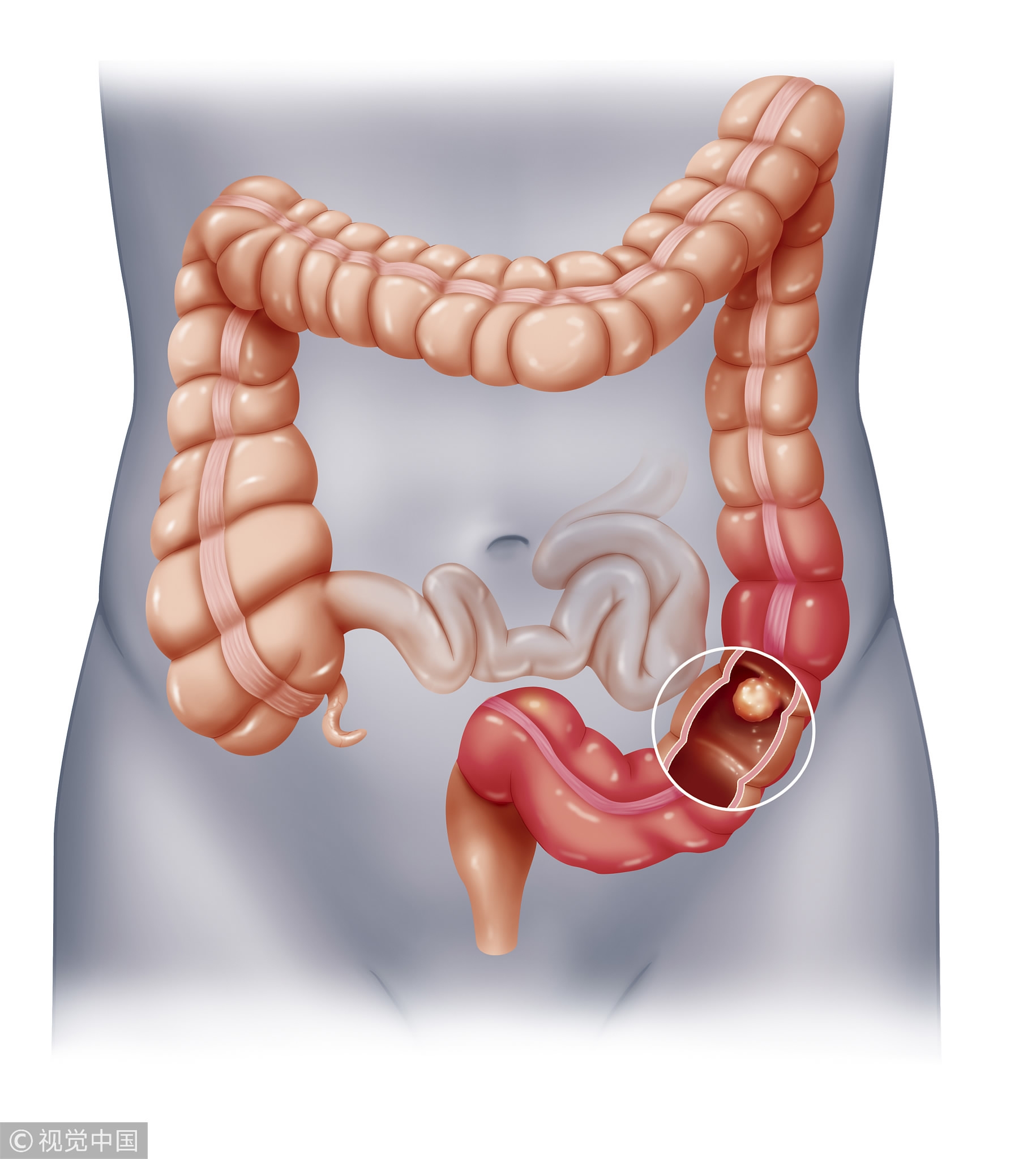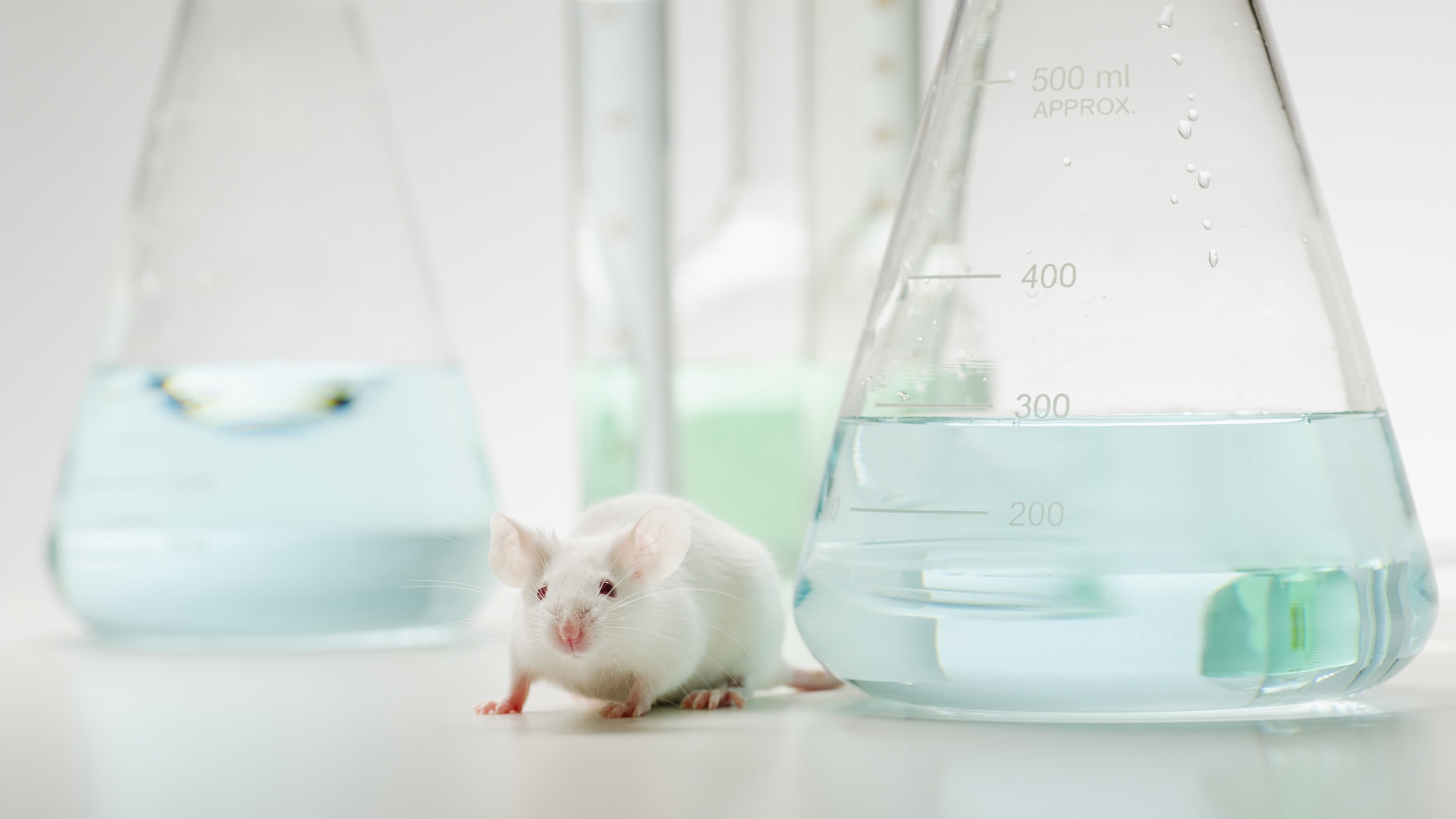
Health
10:48, 01-May-2018
Researchers idnetify new mechanism that links obesity with colon cancer
CGTN

Researchers at the University of Massachusetts Amherst identified a new molecular mechanism to explain the link between obesity and increased risk of colon inflammation, a major risk factor in colorectal cancer.
The study published on Monday in the Proceedings of the National Academy of Sciences revealed that inhibiting an enzyme known as soluble epoxide hydrolase, sEH, may abolish this risk of obesity-induced colonic inflammation.

Colon cancer /VCG Photo
Colon cancer /VCG Photo
A few sEH inhibitors, known before to be a factor in other inflammatory diseases but not colon cancer, are now in human clinical trials, according to Zhang Guodong, a professor in the Department of Food Science at the University of Massachusetts Amherst and the paper's senior author.
"In our mouse studies, obesity-induced colon inflammation can be eliminated by inhibiting sEH. So we discovered a new therapeutic target for a very important disease," said Zhang.
Since sEH inhibitors are already being explored as a treatment for other diseases such as pain and hypertension, medical researchers using it would not require reinventing a whole new approach.
"We hope it will be a promising treatment in humans, but mice and humans are very different," Zhang said.
Colon inflammation is an early warning sign of this cancer, and the new research shows why and how obesity increases risk.
In this study, the investigators used a liquid chromatography-tandem mass spectrometry (LC-MS/MS)-based metabolomics approach to analyze the profiles of signaling lipids in the colon of groups of lean and obese mice. This allowed them to identify new bioactive lipids which are deregulated in the colon tissues of obese mice.

Obese mice /VCG Photo
Obese mice /VCG Photo
"We found that the concentrations of sEH-produced metabolic products are higher in colons of obese mice. This leads to our discovery that sEH is over-expressed in the colons of obese mice and it is involved in obesity-induced colonic inflammation," said Zhang.
To validate their findings, the research team used different approaches to investigate the roles of sEH in obesity-induced colonic inflammation.
"Blocking the enzyme prevents the mouse from developing colonic inflammation. Even in the mice on a high-fat diet, by inhibiting sEH you can completely block colon inflammation," said the co-first author.
Source(s): Xinhua News Agency

SITEMAP
Copyright © 2018 CGTN. Beijing ICP prepared NO.16065310-3
Copyright © 2018 CGTN. Beijing ICP prepared NO.16065310-3